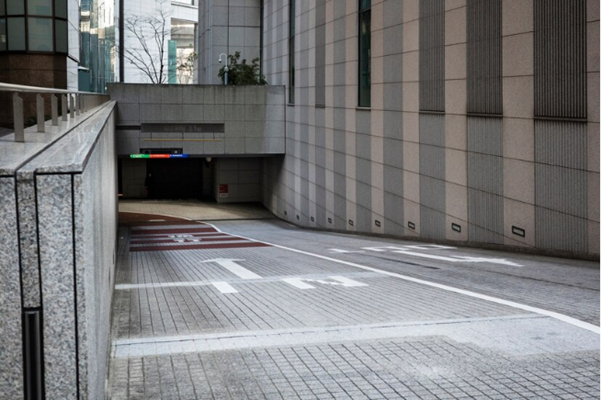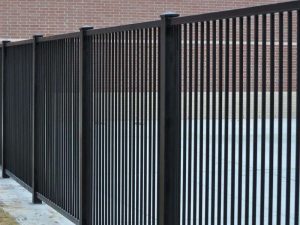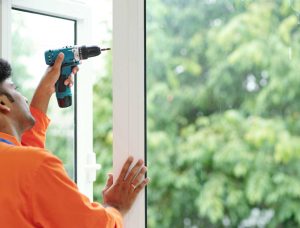
Having a concrete driveway feels great. It’s smooth and easy to drive on, and you don’t have to worry about mud or loose stones. It looks nice and neat, making your home look better. It’s strong and lasts long, so you don’t need to fix it often.
It can handle heavy cars and bad weather, so you can be confident it will stay in good shape. Here is a list of benefits.
Top 5 Benefits of Having Concrete Driveaway
1. Beauty and Curb Appeal
The typical light gray surface has significant curb appeal for many, while imaginative design alternatives are available. Colored concrete is the solution for homeowners seeking a darker surface.
Stamped concrete surfaces provide a nice texture that complements a home’s architectural style. Exposed aggregates provide a highly textured, three-dimensional appearance.
2. Maintenance Expenses
Contraction joints and penetrating sealers can reduce concrete maintenance expenses. Clear sealers help against deicing and moisture absorption, while contraction joints isolate cracks that emerge when concrete shrinks.
Furthermore, utilizing durable fire pit materials in your outdoor space may save maintenance. High-quality materials are less likely to be damaged by heat and weather, lowering long-term care expenses.
3. Reaction to Heat and light
Concrete pavements are cooler because they absorb less UV rays than asphalt. To understand the difference, simply compare walking barefoot on the two types of surfaces on a hot day.
Although asphalt’s heat absorption is beneficial in the winter, this cold-weather advantage is offset by the implications of a hotter driveway in the summer.
Standard concrete’s light reflection lowers the need for additional illumination. Because asphalt absorbs so much light, it may require around one-third more lighting than a concrete driveway.
4. Load bearing Capacity
Concrete is a hard, non-flexible material capable of supporting larger loads than asphalt. Because asphalt flexes, trucks and other large loads can create rutting or other damage. In addition to a larger truck, boat, or RV, consider the possibility of additional heavy vehicles going into your property.
5. Environmental Consideration
Concrete driveways are a more ecologically friendly paving alternative due to their reduced embodied energy costs. That is, it takes less energy to create and pour concrete.
In contrast, heat hot mix asphalt to 200-250 degrees Fahrenheit takes a lot of energy. Sealcoating an asphalt driveway every 3–5 years uses additional petroleum products.
6. Lifecycle Expense
The biggest advantage of an asphalt driveway is its cheaper upfront cost. For some, economic reasons may motivate their decision to choose asphalt.
However, a Concrete Driveway Installation will survive longer. It lasts 50-60% longer than an asphalt driveway. As a result, increased maintenance expenditures usually negate the initial cost advantages of asphalt.
When exposed to UV light, oxidation, water, or chemicals, the liquid binder that binds the aggregates together is susceptible to breaking, disintegration, and deformation.
7. Surface Characteristics
When an asphalt driveway is first built, evaporative oils are released, which might end up on the bottoms of shoes. If an oily or corrosive component comes into contact with the asphalt surface, sticky, oily material may be tracked inside your home or car.
This is particularly concerning in hot temperatures. The surface of a concrete driveway is not susceptible to this type of breakdown.







